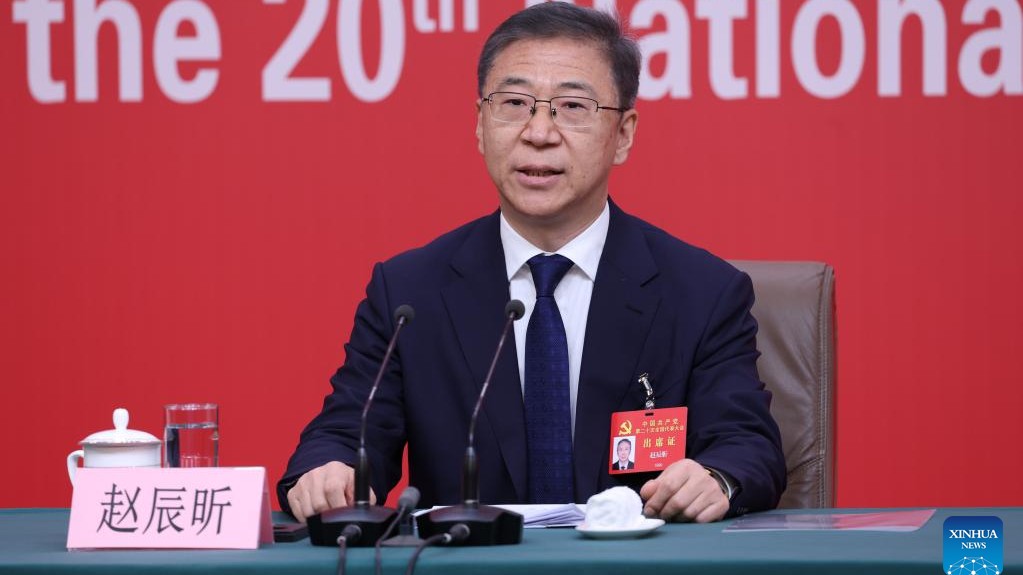Officials from the Xinjiang Uygur autonomous region said on Friday that claims in Xinjiang-related legislation enacted in the United States have no basis and demonstrate US tolerance for the activities of terrorist, extremist and separatist forces in the region.
The White House announced on Wednesday that US President Donald Trump had signed the so-called Uyghur Human Rights Policy Act of 2020. China already had expressed strong opposition after the US House of Representatives approved the bill late last year.
The act attacks Xinjiang's anti-terrorism and anti-extremism measures, which are carried out in accordance with the law and have proved effective to protect the life of all people in Xinjiang, said Wu Xiaohua, deputy director of the Legislation Affairs Commission of the Standing Committee of the People's Congress of the Xinjiang Uygur autonomous region, the regional legislature.
"Without fighting terrorism and extremism, we can't protect people's human rights. Why does the US choose to ignore the fact that now people can live in peace in the region?" Wu said in an interview with China Daily on Friday. "Because of those measures, no terror-related incident has happened in Xinjiang for more than three years."
Between 1990 and the end of 2016, thousands of terrorist incidents occurred in the region, causing a large number of casualties. Xinjiang people had to live in constant fear. For a period of time, safety was people's top concern when they planned to travel to the region.
Since the region launched a campaign to crack down on violent terrorist activities in 2014, more than 1,588 terrorist cells have been broken up and 12,995 terrorist suspects have been detained, according to the regional government.
The campaign aims to protect all Xinjiang people and is never used as an excuse to suppress people from ethnic groups as it's portrayed in the new US law, Yalkun Yakup, deputy head of the regional public security department, said at a news conference held in the regional capital of Urumqi on Friday.
"For a long time, the US has considered violent terrorist activities targeting the US as monstrous crimes, but similar activities in Xinjiang as priceless treasures, even calling such violent terrorist activities that happened in the region a national liberation movement and hailing the violent terrorists as democratic fighters," Yalkun said. "The act has actually shown the US tolerance for activities carried out by terrorist, extremist and separatist forces in Xinjiang."
The frequent terrorist attacks were mainly caused by the penetration of religious extremism from abroad. The extremists had particularly targeted young people, according to the regional government.
To help those who were influenced by religious extremism and terrorism, Xinjiang set up vocational and training centers in accordance with the law. The centers offered courses in Mandarin, laws, vocational skills and deradicalization programs. However, the centers are portrayed as "internment camps" in the act, places where people from ethnic groups were "detained".
Adil Ahmet, 26, a Uygur graduate of the center in Hotan in southern Xinjiang, said it's nonsense for the act to claim that trainees were abused at the center. The centers are just schools to help local people get their lives back on track, and trainees are well taken care of, he added.
"As a religious follower, I feel used by the extremists, who twisted the doctrines just to achieve their evil goals. For a period of time, my life was controlled by the rules set up by the extremists. By studying at the center, I have become open to all the possibilities in life," Adil told China Daily on Friday.
After graduating in June 2019, Adil set up a dry fruit business in Hotan. He has just received a government-backed loan because the business has been affected by the novel coronavirus pandemic, he said. According to the regional government, all trainees in the centers had graduated by December 2019.
The act also defines Xinjiang's law-based measures in religious affairs as "confinement and persecution of Muslims' religious belief". Mehmut Usman, director of the Xinjiang regional Ethnic Affairs Commission, said the fact is that people's normal religious activities in venues for such activities or at home are protected. No one is ever punished for their legitimate religious belief in Xinjiang, he said at the news conference.










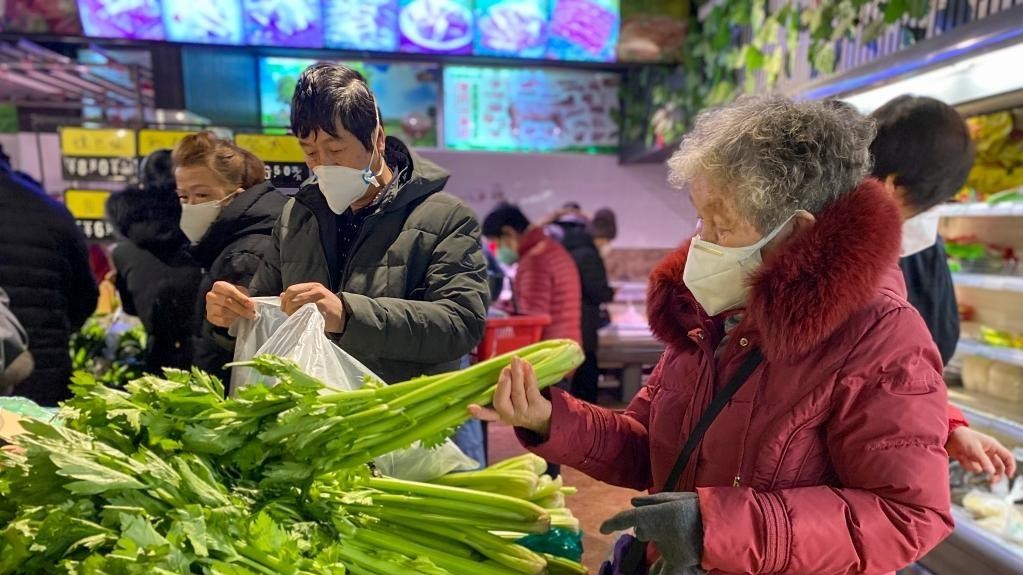

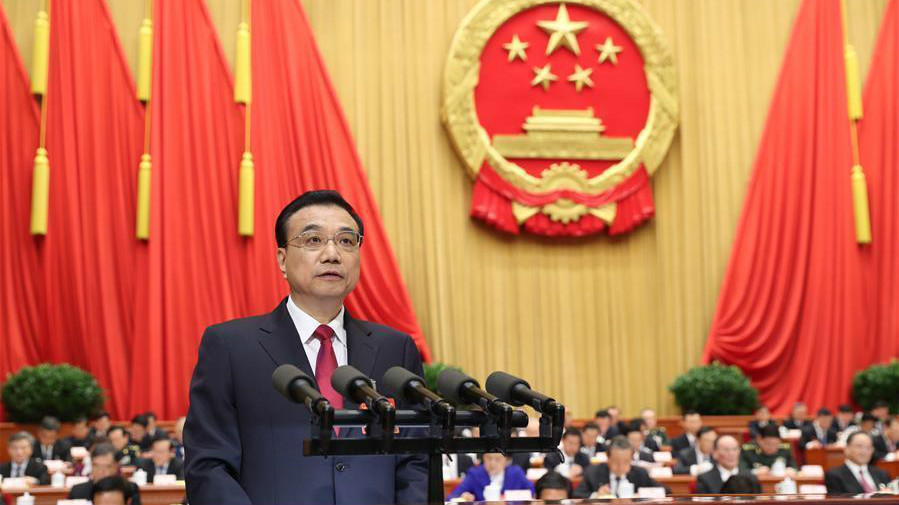

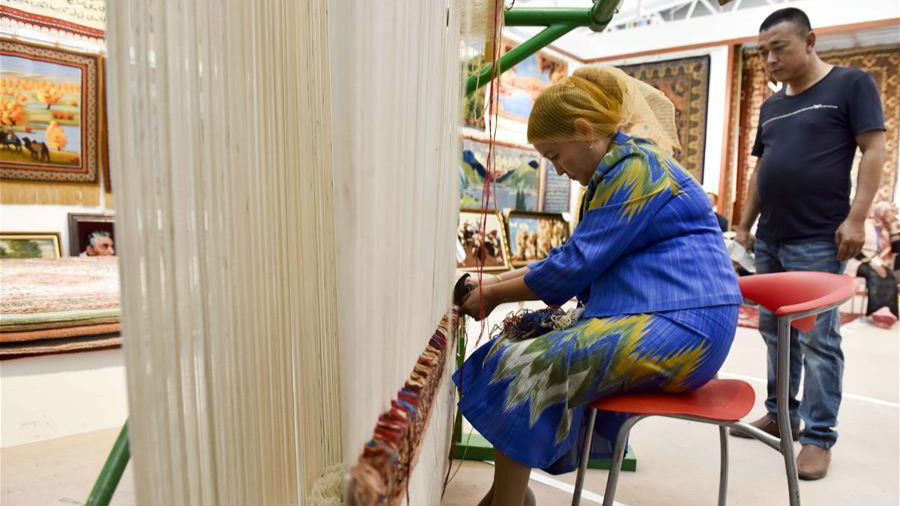
.jpg)
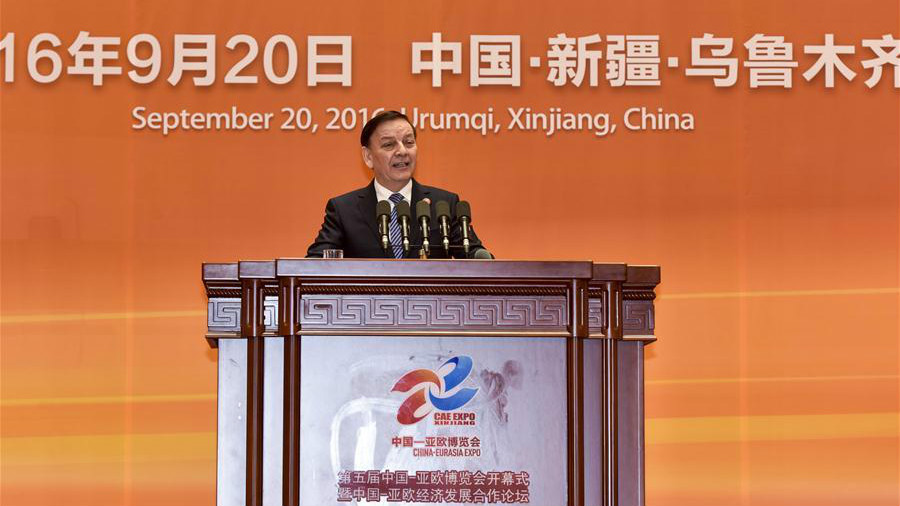
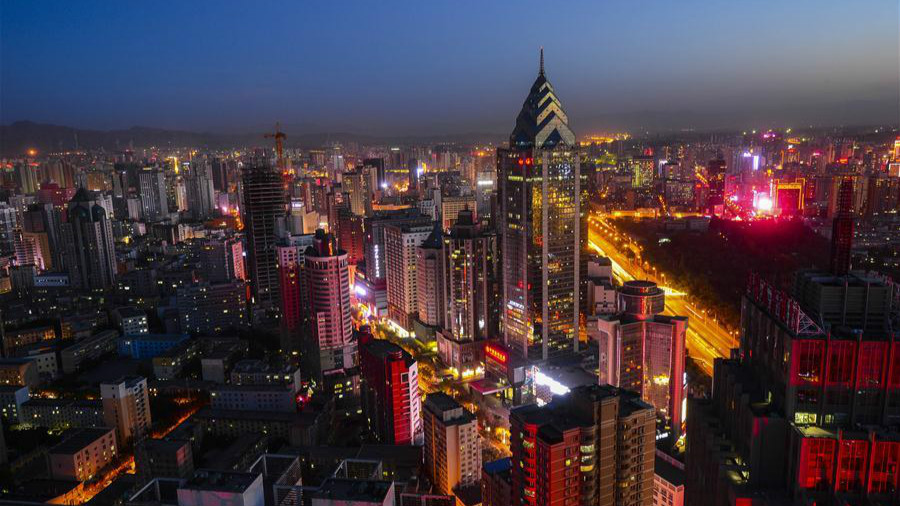
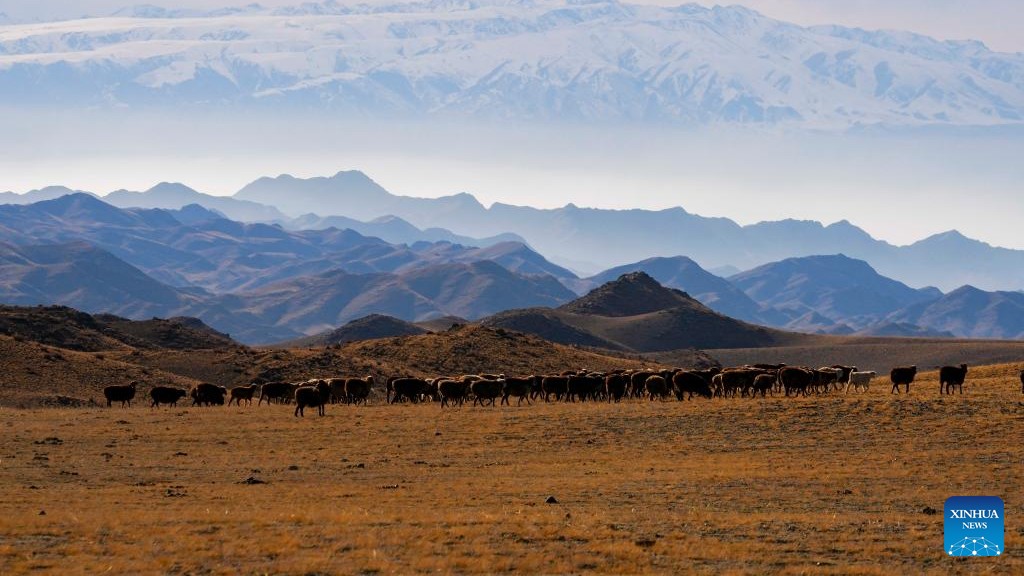
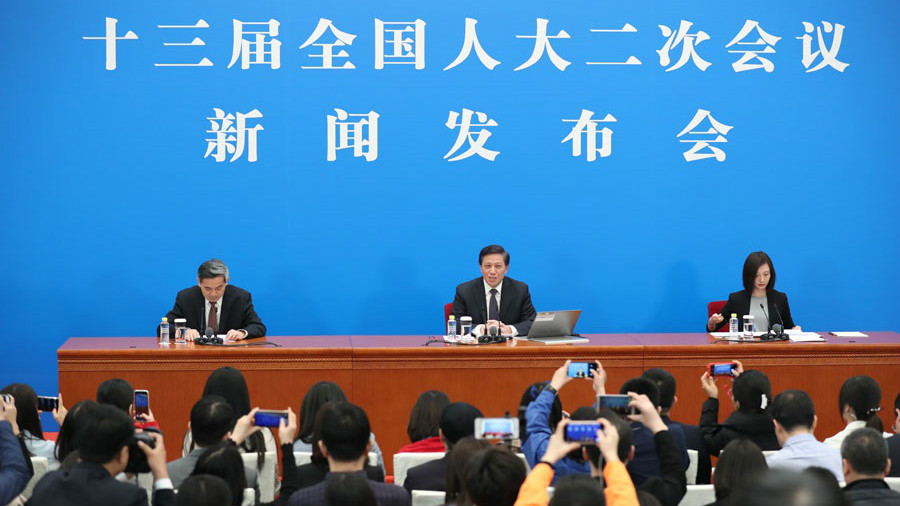

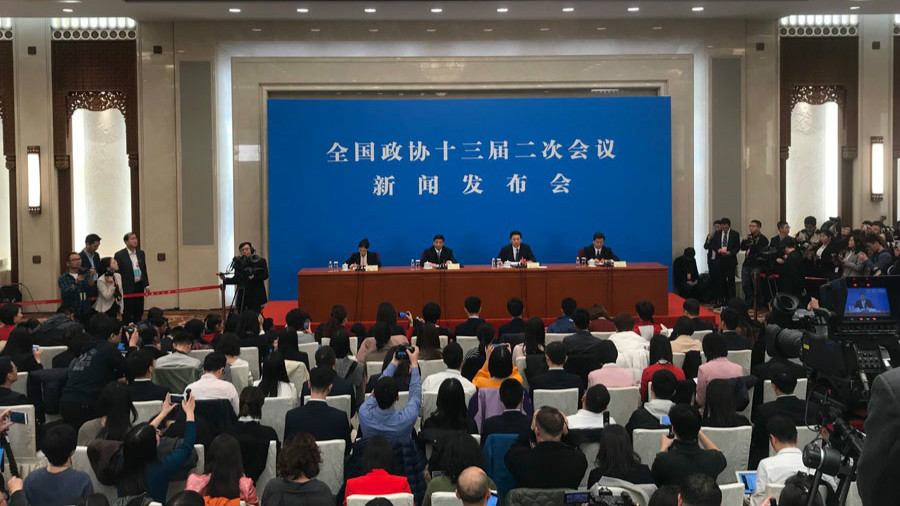
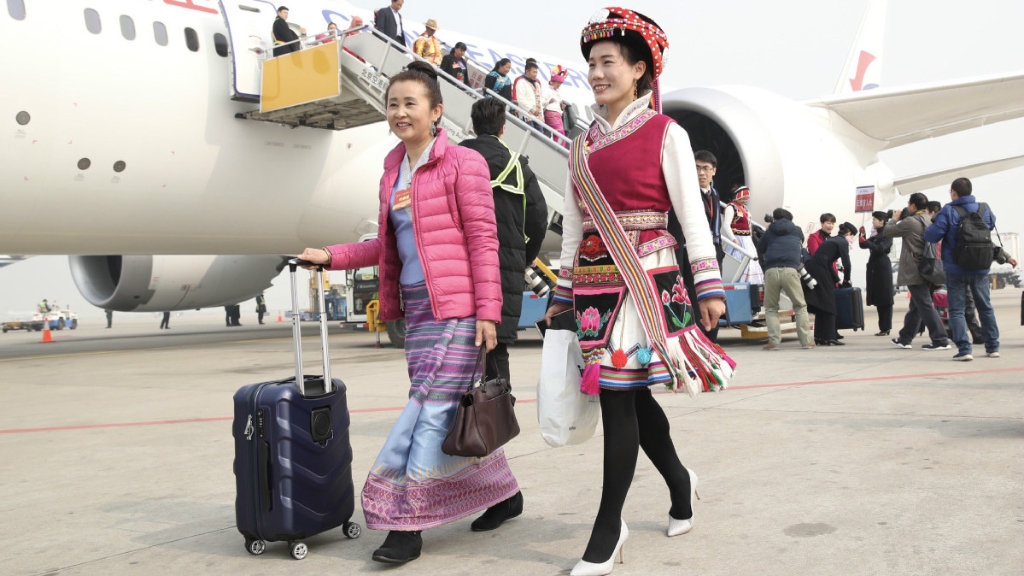

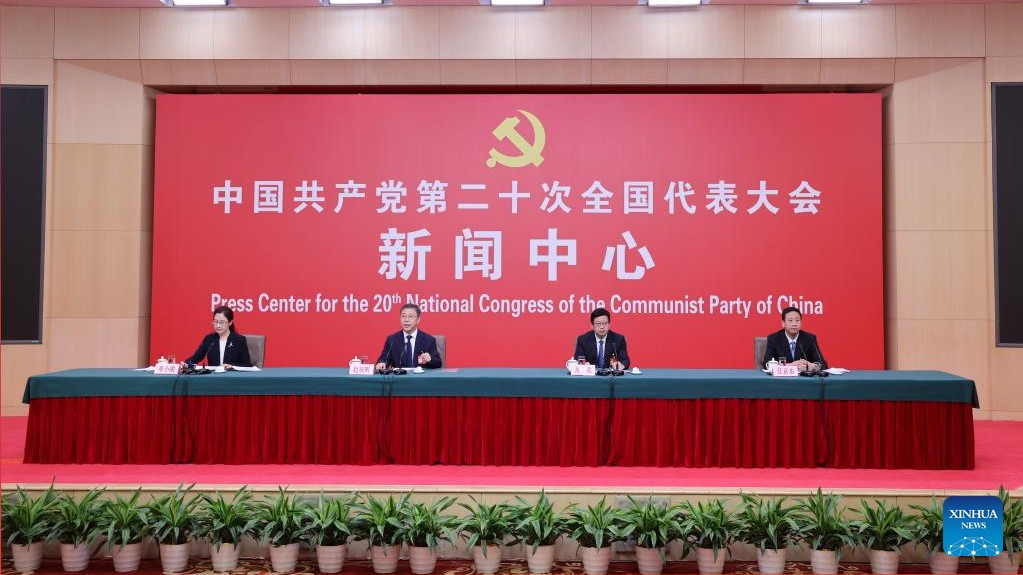
.jpg)
